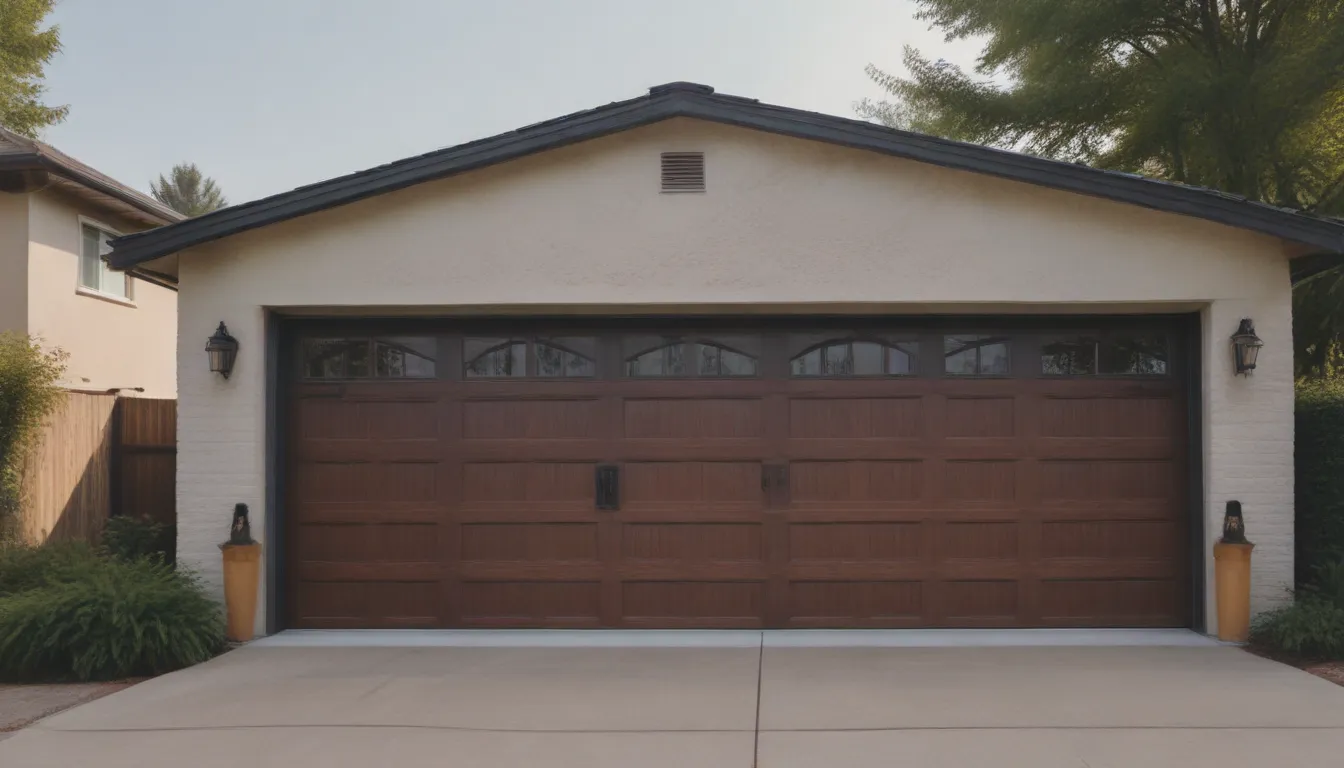Everything You Need to Know About Garage Door Sizes

Welcome to the ultimate guide to garage door sizes! As our homes have grown in size over the years, so have our garages. It’s not just about housing our vehicles anymore; it’s about accommodating larger cars, trucks, and even recreational vehicles. If you’re struggling to fit your modern vehicle into your older, smaller garage, you’re not alone. This article will walk you through everything you need to know about garage door sizes to help you make the best decision for your home.
Understanding Standard Garage Door Sizes
When it comes to garage door sizes, there’s a surprising range of options available today. Major garage door manufacturers offer doors in widths ranging from 8 feet to 20 feet to accommodate a variety of vehicles. While smaller sizes are available for golf carts or small garden tractors, the most common sizes for residential garages are:
- Single Garage Doors: Typically 8-9 feet wide and 7-8 feet high.
- Double Garage Doors: Usually 16 feet wide and 7-8 feet high.
- Custom Garage Doors: If you’re building a custom garage, the possibilities are endless, as long as it meets building codes and fits your home’s layout.
Garage Door Thickness
Standard garage doors are generally about 1/2 to 1 inch thick, but you can choose from normal, insulated, or heavy-duty options based on your needs and preferences. Materials such as steel, wood, fiberglass, and aluminum offer different levels of durability and insulation.
Planning for a New Garage
If you’re building a new garage, your builder will likely recommend a door that is 9 feet wide and 7 feet high to accommodate standard vehicles. However, if you have a larger truck or SUV, you may want to consider doors that are 10 feet wide and 8 feet high to avoid any clearance issues. When deciding on the size of your garage door, keep in mind the size of your vehicles and any future needs.
Consider Attached vs. Detached Garages
While attached garages are common, detached garages offer more design flexibility, especially for accommodating larger vehicles. If you have unique requirements or want more space for your vehicles, a detached garage might be the solution for you.
Replacing Garage Doors
If you’re replacing an existing garage door, you can simply measure the size of the current door to determine the size you need. Alternatively, if you’re adding a door to a garage without one, careful measurements of the opening are necessary to ensure the new door fits correctly. Consider headroom, backroom, and side room when determining the size of your garage door.
Changing the Size of Your Garage Opening
While reducing the size of a garage door opening is possible, most homeowners seek to increase the size to accommodate larger vehicles. Before making any changes, ensure that your project complies with building and fire codes. Increasing the size of the door opening may require raising the ceiling height and adjusting the framing above the opening to support the larger door.
Garage Door Costs
The cost of a garage door can vary depending on size, material, and style. Standard, manual garage doors are more affordable, while automatic or custom doors can be more expensive. Labor costs for installation, electrical work, and insulation should also be factored into your budget. Steel doors are typically the most cost-effective option, while materials like fiberglass and vinyl come at a higher price.
In conclusion, choosing the right garage door size for your home involves considering the size of your vehicles, your budget, and any future needs you may have. Whether you’re building a new garage or replacing an existing door, understanding the standard sizes and costs associated with garage doors will help you make an informed decision. Remember to measure carefully, consider all factors, and consult with a professional if needed to ensure a seamless installation process.





